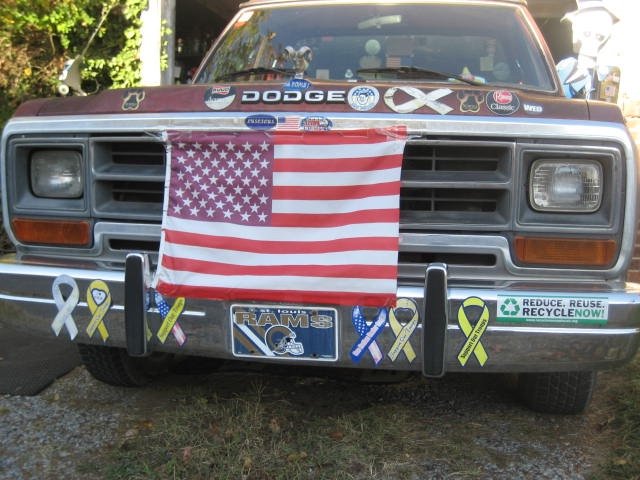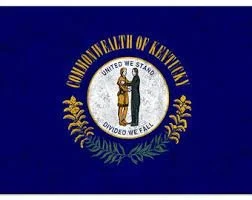Our Dangerous Perception Gap
If you are Republican, do you have any good friends who are Democrats? If you are Democrat, do you have any close friends who are Republicans? I’m afraid the answer for many is “no.” And I’m very concerned and anxious about the consequences of that.
There’s a dangerous divide in American politics now, one that’s even wider and more dangerous than in 2016 or 2020. And chances are high that YOU are part of this problem (“you” as in “all of us”). If you are a Republican, what are your feelings about Democrats? And if you are Democrat, what are your feelings about Republicans? If you are in the majority right now, you think the worst of the other party. “According to Pew, large majorities of Democrats and Republicans now regard those in the opposing party as closed-minded, dishonest and immoral. . . .Roughly half of each group says that members of the other party are less intelligent.” About 90% of Democrats have an “unfavorable view” of Republicans and 95% of Republicans have an “unfavorable view” of Democrats.
According to More in Common, you are likely to describe the other side as “hateful,” “ignorant,” and “bigoted.” You are also more likely to assume they hold the most extreme views or positions of that party. The reality is that only about 30% of each party holds extreme Right or Left views. But most Americans think 55% hold those extreme views.
We have not always been so hateful or suspicious of each other. Since 1997, Pew says the “very unfavorable view” of the other party has risen from 21% to 62% among Republicans and 17% to 54% among Democrats.
Why such a radical change? There are multiple factors, of course, but two of the biggest are social media and news sources. The way our social media is structured, we receive biased news. They feed us posts and videos that fit what we ALREADY lean toward and don’t expose us to differing opinions unless we seek them out. Our news sources are generally biased, also, with each source slanted toward whatever their audience is.
You might think that more education and staying informed would help with this chasm, but education and keeping up with the news did not help at all. The more news people consumed, the larger the perception gap, meaning the worse they assumed of the other party’s members. And the bad news extended to both Democrats and Republicans. Conservative news sources are far more likely to exacerbate the problem than liberal news sources, and they exacerbate it more severely. (See this link https://perceptiongap.us/ and scroll to The News Media Doesn’t Help.) On the other hand, the more educated Democrats are, the more likely they are to think the worst of Republicans. (Same link as above, scroll to Education Doesn’t Help Either.)
I feel literal and spiritual heartache when I see people assuming the worst of others. And that’s what we are doing on a national scale here, and the results could be devastating, relationally and politically. There’s a whole segment of the extremists actually encouraging a civil war and presenting it as inevitable. I will post about that in the future.
Meanwhile, it is our responsibility as Americans to try to accommodate differing views. That’s what democracy is all about. And if you are a Christian, it is your responsibility to “Honor one another above yourselves. . . . Bless those who persecute you; bless and do not curse. . . .If it is possible, as far as it depends on you, live at peace with one another. . . . Do not be overcome by evil, but overcome evil with good.” (Romans 12:10,14,18,21) Jesus calls for a radically different view of “the other side” than politics does.





